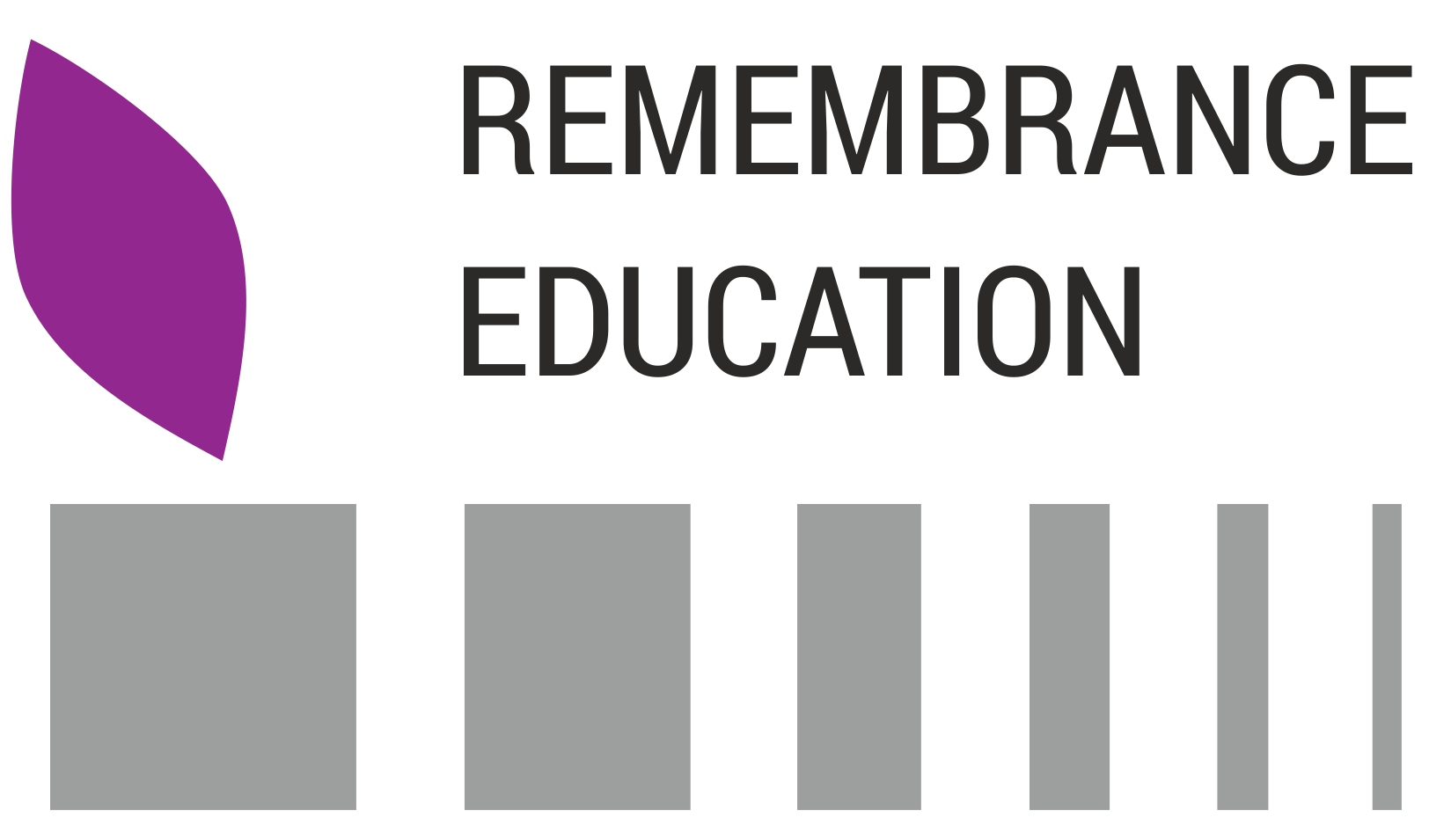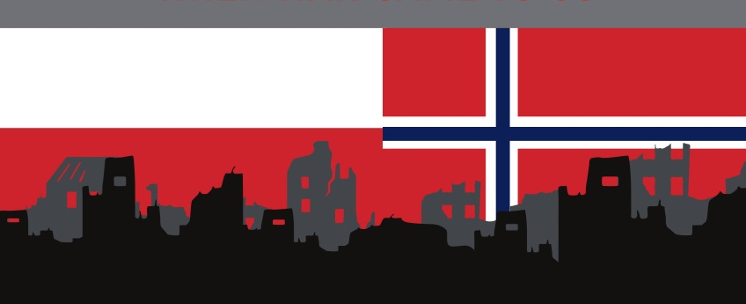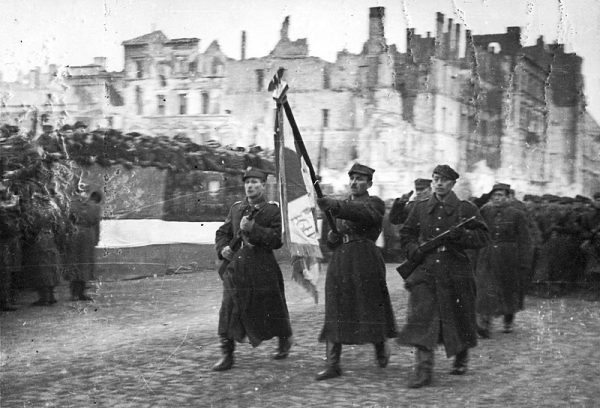The end of the war
The victories of the Red Army over Wermacht led to Soviets entering the former territories of the Second Polish Republic in January 1944. In spite of the fact that in theory it was an allied army, its soldiers and the services officers behaved as though they were in the conquered and hostile areas. Driving out of Germans did not bring Poland independence nor ensured the inhabitants safety. The country went from one occupation under the other one, and the massive repressions became the symbol of that change.
After the frontline passed, a few millions of Poles remained in their home region, so called Borderlands. It was incorporated into the USSR, which meant enforced conscription into the Red Army, terror of the political police and terrible living conditions. The passage of the front itself was disastrous for the civil inhabitants of the town and villages. Germans, defending themselves fiercely against the Red Army, resolved to the “scorched earth” tactics, damaging the infrastructure in order to delay the advances of the enemy. On the other hand, Soviets shelled Polish town – even those not defended by Wermacht – with heavy artillery and air forces. Białystok, where Soviets entered on 27th July 1944, can serve as an example. The activities of retreating Germans and Soviet artillery shelling turned the city into the sea of debris.
Poles were once again affected by political and economic repressions: mass deportations, purposeful devastation or seizure of private property. The painful symbol were mass rapes on Polish women by the soldiers with the red star on their helmets.
According to the Soviet plans, after-war Poland was going to be subject to Moscow. Communists resorted to all means to crush the resistance and impose their ruling. Ballot-rigging was the mildest of them, and more drastic included terrorizing people, deportations, bloody violence acts etc.
Alleged “liberation” turned out to be the next enslavement.


